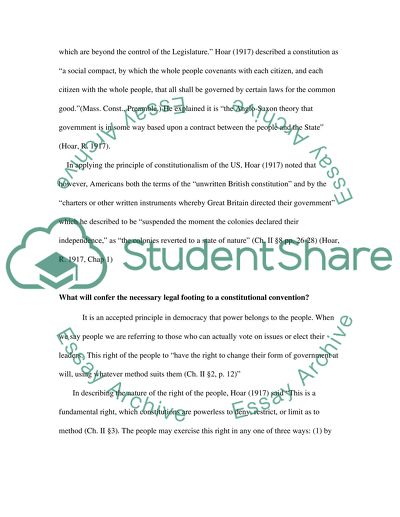Cite this document
(What Is a Constitutional Convention and Its Purpose Coursework, n.d.)
What Is a Constitutional Convention and Its Purpose Coursework. Retrieved from https://studentshare.org/law/1539588-constitutional-conventions-should-be-put-on-a-legal-footing-however-there-is-no-clear-agreement-as-to-what-amounts-to-a-convention-discuss
What Is a Constitutional Convention and Its Purpose Coursework. Retrieved from https://studentshare.org/law/1539588-constitutional-conventions-should-be-put-on-a-legal-footing-however-there-is-no-clear-agreement-as-to-what-amounts-to-a-convention-discuss
(What Is a Constitutional Convention and Its Purpose Coursework)
What Is a Constitutional Convention and Its Purpose Coursework. https://studentshare.org/law/1539588-constitutional-conventions-should-be-put-on-a-legal-footing-however-there-is-no-clear-agreement-as-to-what-amounts-to-a-convention-discuss.
What Is a Constitutional Convention and Its Purpose Coursework. https://studentshare.org/law/1539588-constitutional-conventions-should-be-put-on-a-legal-footing-however-there-is-no-clear-agreement-as-to-what-amounts-to-a-convention-discuss.
“What Is a Constitutional Convention and Its Purpose Coursework”, n.d. https://studentshare.org/law/1539588-constitutional-conventions-should-be-put-on-a-legal-footing-however-there-is-no-clear-agreement-as-to-what-amounts-to-a-convention-discuss.


